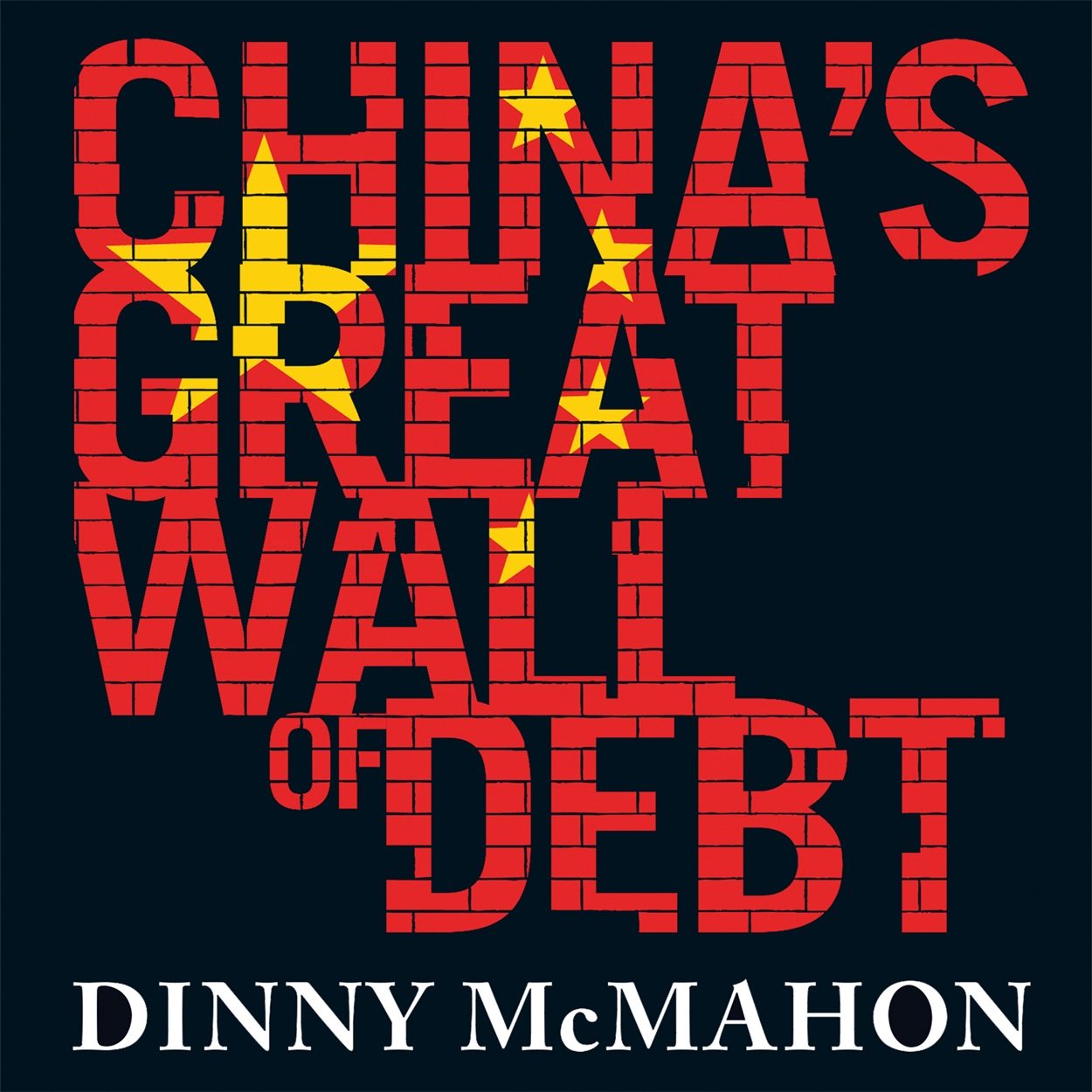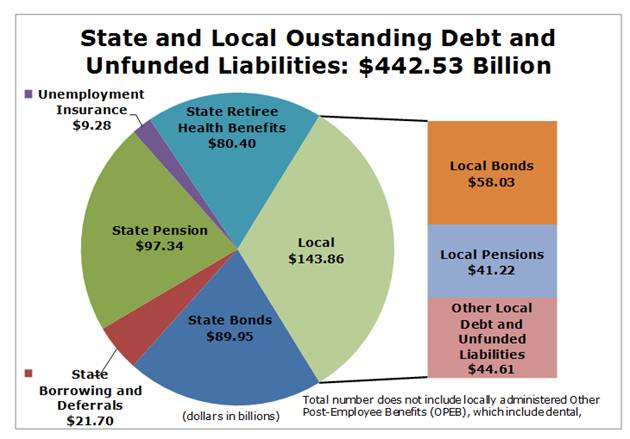
He also speaks globally on issues relating to China's economy and financial system.Īt WSJ in Beijing, he wrote about China's banking and financial sector, focusing on rising debt levels, urbanization, and the state sector's role in the economy. He also works on local government debt, credit allocation, and shadow banking. He works on non performing loan recognition and disposal, bank recapitalization, and the PBOC's liquidity management efforts. Global Fellow, Woodrow Wilson International Center for Scholarsĭinny's research focuses on areas central to the stability and sustainability of China's financial system. He also works on Banking and Financial Markets Analysis at Enodo Economics. Today, Dinny writes in depth about how China is attempting to overhaul its financial system and rein in the risks that threaten its stability.



Prior to his Wilson Center residency, he worked on MacroPolo, a think tank of the Paulson Institute focused on Chinese economic issues. In 2015, he left China and took up a fellowship at the Woodrow Wilson International Center for Scholars, a think tank in Washington DC.

Previously, Dinny spent 10 years as a financial journalist in China, including 6 years in Beijing at The Wall Street Journal, and 4 years with Dow Jones Newswires in Shanghai, where he also contributed to the Far Eastern Economic Review. He is the author of "China's Great Wall of Debt: Shadow Banks, Ghost Cities, Massive Loans, and the End of the Chinese Miracle," a book explaining the mechanics of China's political economy, and why the financial system operates the way it does. Dinny McMahon helps institutional investors better understand China’s financial system.


 0 kommentar(er)
0 kommentar(er)
